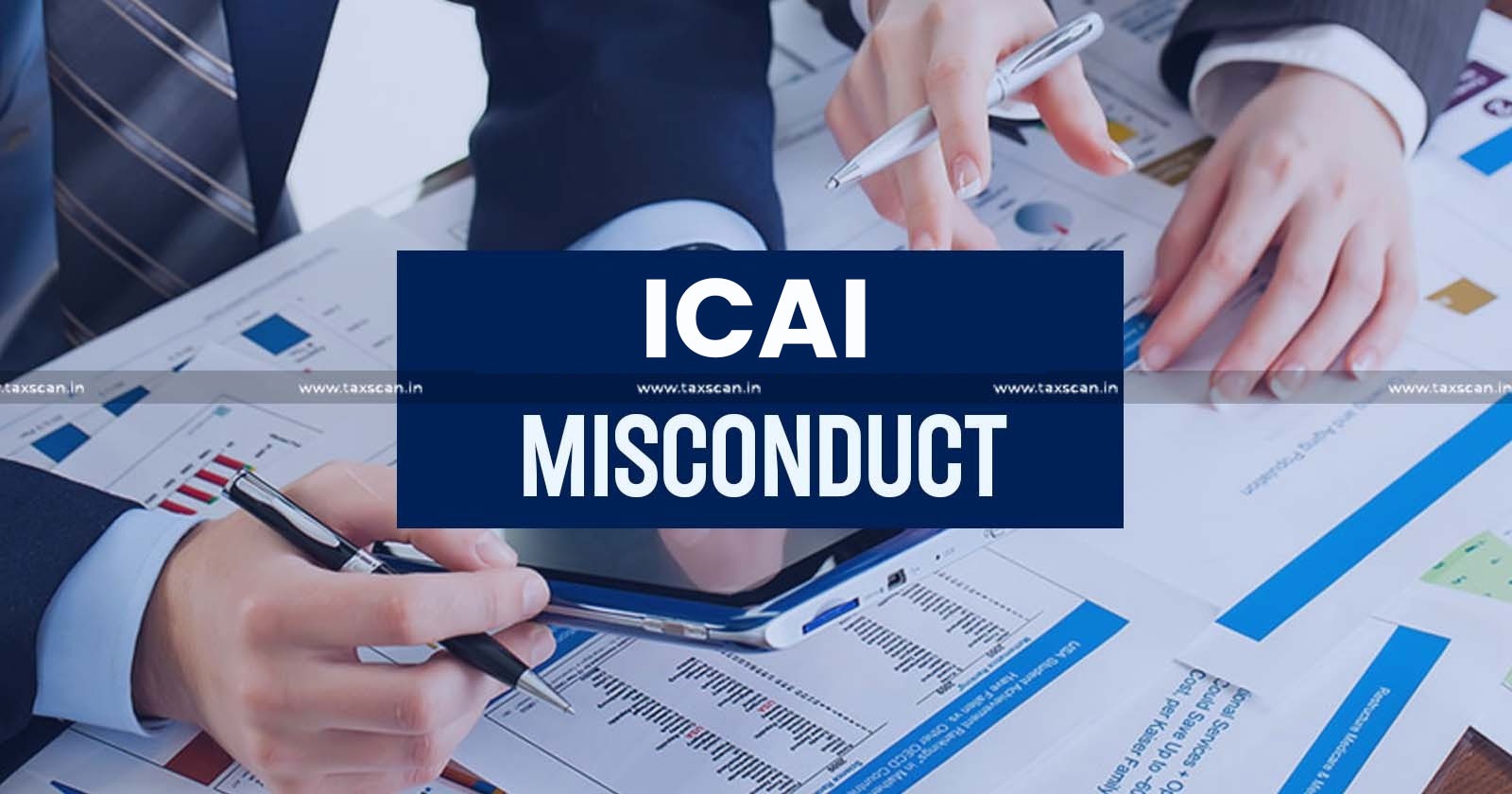N.G. Chaudhuri, J.@mdashIn this Revisional Application filed by the Asiatic Oxygen & Acetylene Co. Ltd., a public limited company incorporated and registered under the Companies Act, 1913, orders dated 18.8 78 and 6.3.80 passed by the Chief Metropolitan Magistrate, Calcutta in case No. C/1147 of 1978 have been challenged any prayer has been made for quashing the proceedings in the aforesaid case now pending in the 5th Court of Metropolitan Magistrate, Calcutta. The case arose out of a petition of complaint filed by the Registrar of companies, West Bengal on 18.8.78 together with an application u/s 473 Cr. P, C, praying for condonation of delay in the matter of filing the complaint. In the petition of complaint the petitioner company was described as accused No. 1. M/s. Pressed Steel Tank Company of India Limited, was described as accused No. 2, directors of accused Nos. 1 Company were described as accused Nos. 3,4,5,6 and 7 and Secretary of the said company was described as accused No. 8. The substance of the petition of complaint is that report of an authorised officer of the Central Government on the basis of inspection was received in the office of the complainant on 7.11.75 from which it transpired that accused No. 1 Company as a lending company had advanced different amounts of loan on different dates during the financial year ending on 31.3.75 as per details given in the petition of complaint to accused No. 2 Loanee company in excess of the prescribed limit of 30% of the aggregate of the subscribed capital of the tending company and its free reserves without the prior approval of the Central Government. In the aforesaid premises it was alleged that all the accused had contravened the provisions of Section 370 of the Companies Act, 1966 and were liable to be punished u/s 371 of the said Act. The matter was under correspondence and consideration and eventually their petition of complaint was filed on the date mentioned. It was alleged that because of reasons stated in the petition of complaint the cognizance of the offence was not barred by the provision of section 468 Cr. P.C still as a measure of abundant precaution a separate application for extension of time for taking cognizance of the offence was being filed u/s 473 Cr. P.C. It Is to be noted that by the order dated 18.8.78 the then Chief Metropolitan Magistrate purported to record an order that the delay was sufficiently explained and interests of justice demanded extension of the period of limitation and thereupon summons were ordered to be issued. Subsequently it was brought to the notice of the succeeding Chief Metropolitan Magistrate that the aforesaid order though purported to be an order of the Chief Metropolitan Magistrate was not actually signed by him. By order dated 6 3 80 the succeeding Chief Metropolitan Magistrate held that the mere omission to sign the order dated 18.8.78 did not vitiate the proceeding and the impugned order was to be deemed as one passed within the jurisdiction of the outgoing Chief Metropolitan Magistrate.
2. It is to be noted that the order dated 18.8.78 was passed exparte after hearing the complainant without giving the accused No. 1 Company an opportunity of being heard.
3. The principal question canvassed for our decision herein is whether or not the learned Magistrate could extend the period of limitation in exorcise of his power u/s 473 Cr. P. C. without giving notice to the proposed accused.
4. In the case reported in
5. The next phase of Mr. Roy''s argument is that in the case of
6. Similar views have been expressed by the Allahabad High Court in 1980 Criminal Law Journal 578 Prakash Chandra Sharma vs. Kaushal Kishore. Delhi High Court also seems to have approved the above view in the decision reported in 1980 Criminal Law Journat 742 Jagmohan vs. State.
7. From the discussion of the rulings of the different High Courts it appears to us that the proper and legitimate course for taking cognizance of an offence after extension of the period of limitation, as contemplated u/s 473 Cr.P.C, is to give prior notice to the proposed accused of the petition of complaint and the reasons put forward in a petition u/s 473 Cr. P.C. for extending the period of limitation so that the accused can be heard before the offence is taken cognizance of and the court taking cognizance of the offence can avoid the necessity of reviewing its own tentative decision. That procedure was not followed in the case before us while the learned Chief Metropolitan Magistrate recorded orders dated 18.8.78 and 6 3.80, The aforesaid orders were passed in violation of rules of natural justice. We therefore, set aside the orders dated 18.8.78 and 6.3.80 passed by the Chief Metropolitan Magistrate in case Mo. C/1147 of 1978. The learned Chief Metropolitan Magistrate will, however, be at liberty to give notice to the accused named in the petition of complaint of the petition for condonation of delay filed by the complainant u/s 473 Cr.P.C. and hear the proposed accused and thereafter to pass appropriate orders on the said petition. We express no opinion regarding sufficiency or otherwise of the explanation for delay given in the petition of complaint and in the petition u/s 473 Cr. P. C. The Revisional Application accordingly succeeds and is allowed on contest without costs. Let the records be sent down to the court below fortewith.
The learned Magistrate will act as noted above.
N.C. Mukherji, J.
I agree.

